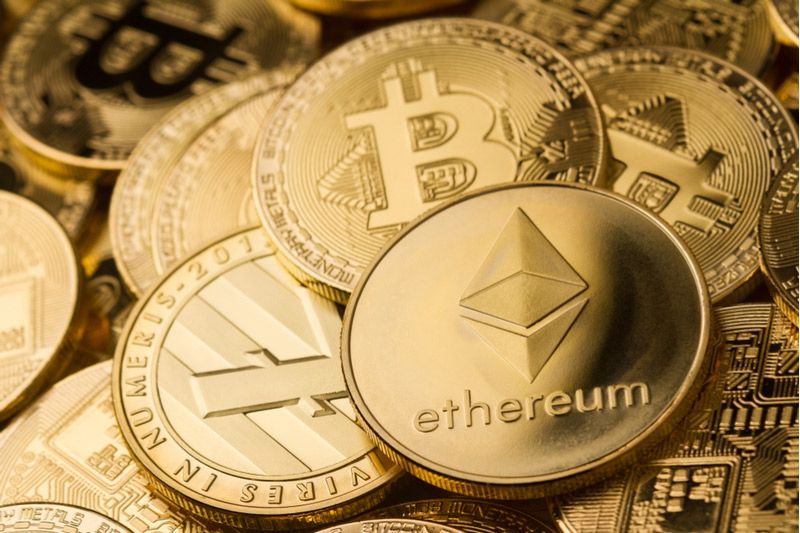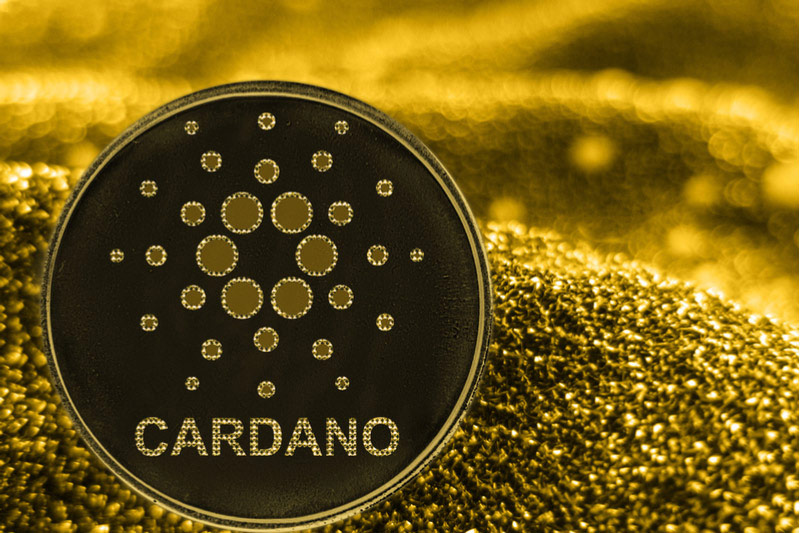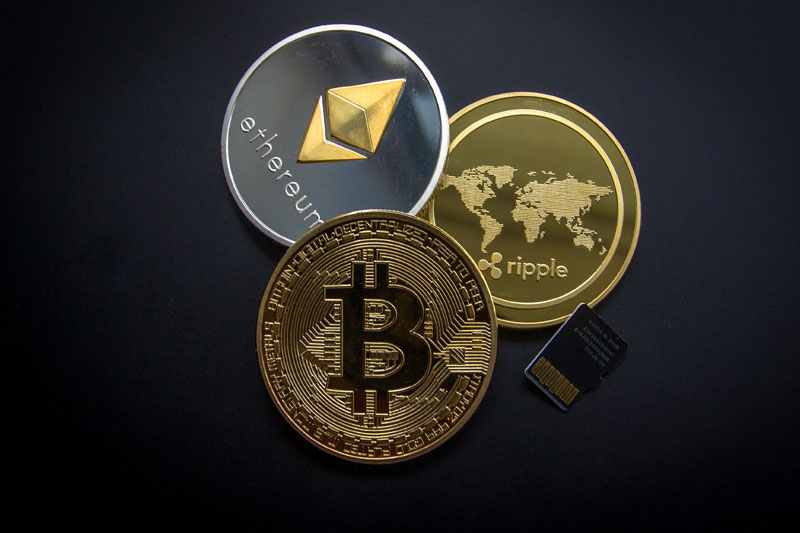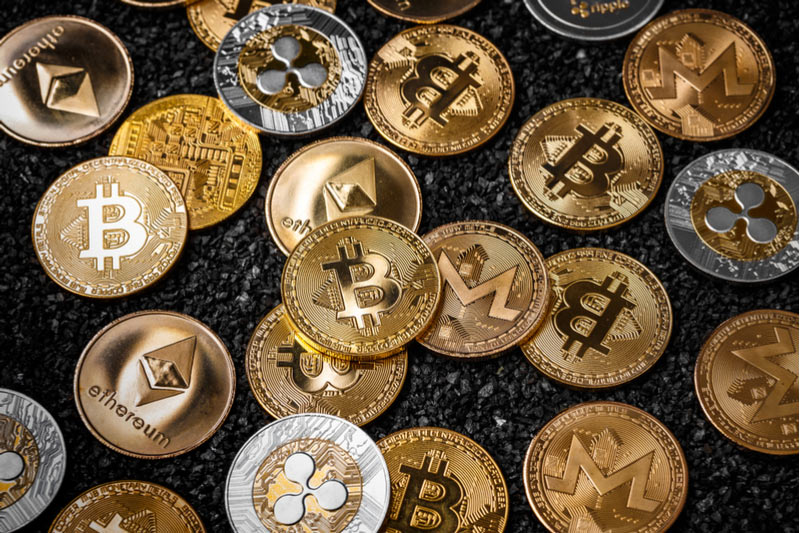U.Today – Economist Raoul Pal, a seasoned cryptocurrency researcher and advocate, shares his personal opinion and recommendations for all crypto investors and traders affected by the ongoing price crash. He admits that “peak fear” has arrived, but hopes all his followers will hold on.
“Violent shock in maximum fear zone”: Raoul Pal on the collapse of cryptocurrencies
The current crypto crash is a “violent jolt” and a reset of risk-taking leverage, economist Raoul Pal shared in his X post. He still foresees a strong upside as a main feature of the 2024-2025 period overall, but warns that both a policy and liquidity response could take time.
Markets have already entered the “maximum fear” zone, he admitted. In just one week, the crypto fear and greed index plummeted from 74/100 to the current level of 26/100, which is a higher level for the “fear” zone.
Therefore, in periods like this, it is essential to hold on and walk away. In some respects, what is happening today is natural in the bullish phases of the cryptocurrency markets, says the economist:
At the end of the day, Pal finds this dump to be nothing more than a “nasty discharge” to be probabilistic.
Today, in the early hours of the morning, the price of (BTC) fell below $49,500, the lowest level since mid-February. The total amount of liquidations exceeded $1.22 billion in equivalents.
No leverage, no fear of missing out and no noise
In conclusion to his post, Pal shared some rules for surviving such events with minimal damage. First, he recommends avoiding falling victim to FOMO and using leverage on futures positions.
Instead, a competent trader should focus on a basket of 3-5 assets at most, while a “degenerate” (high-risk) allocation should be reduced to 10%.
As the possibility of attacks increases, Pal recommends using only self-custody or even multi-signature on-chain wallets for cryptocurrency transactions.
Instead of trying to outsmart the market by “catching the knives,” the economist recommends considering a HODL strategy. He personally announced that he won’t be selling anything and says that increasing long-term holdings could be a smart bet amid the downturn.
This article was originally published on U.Today









